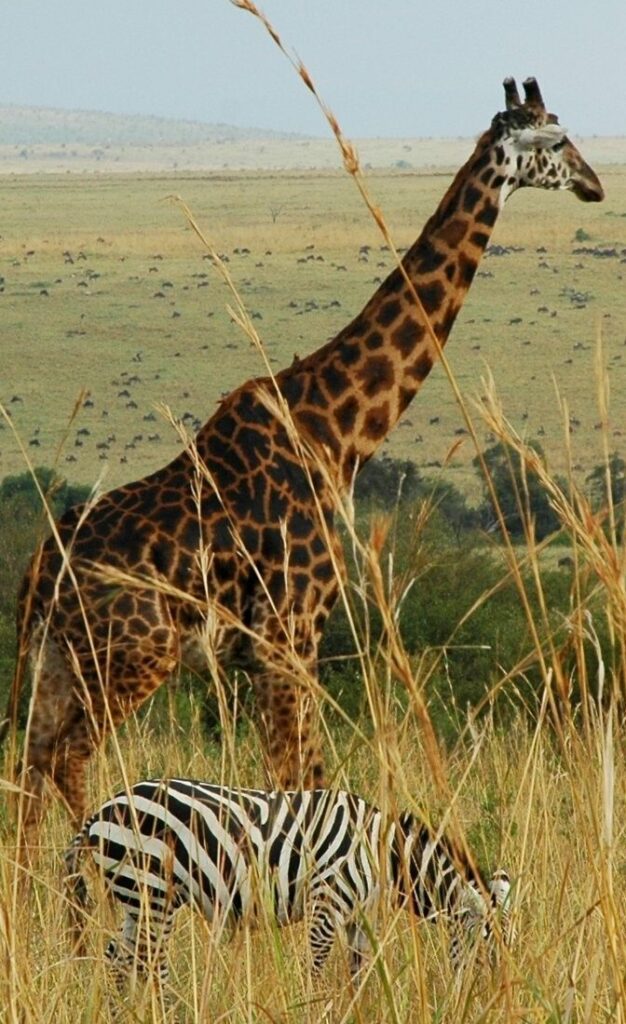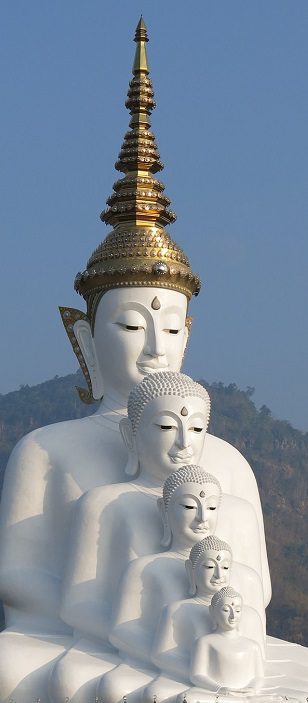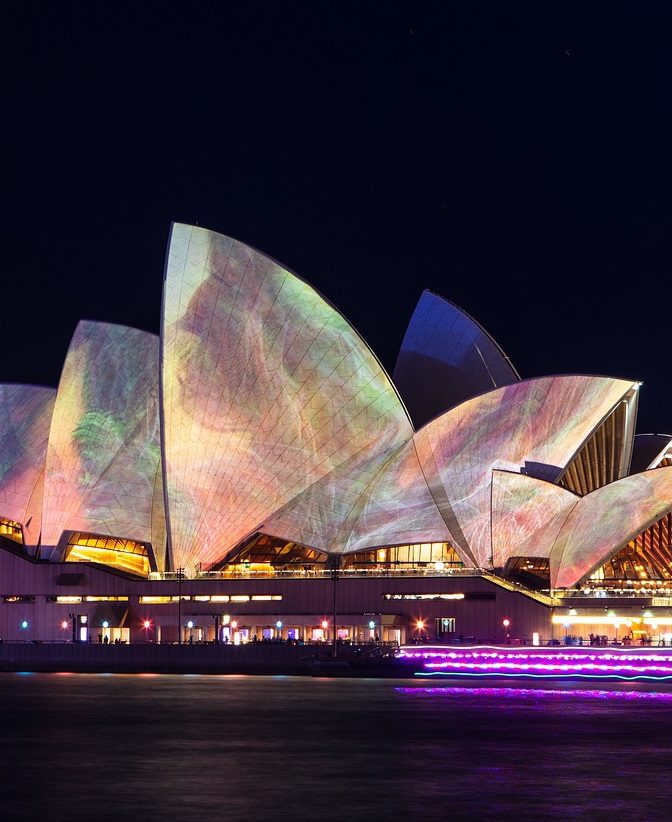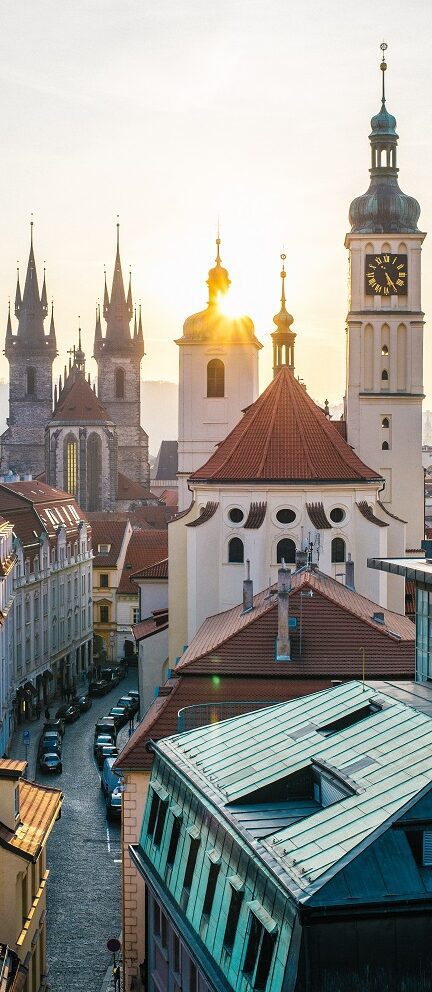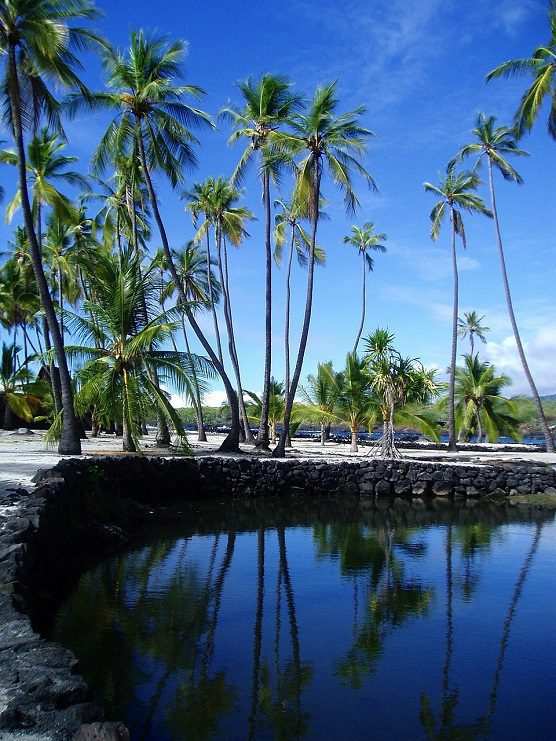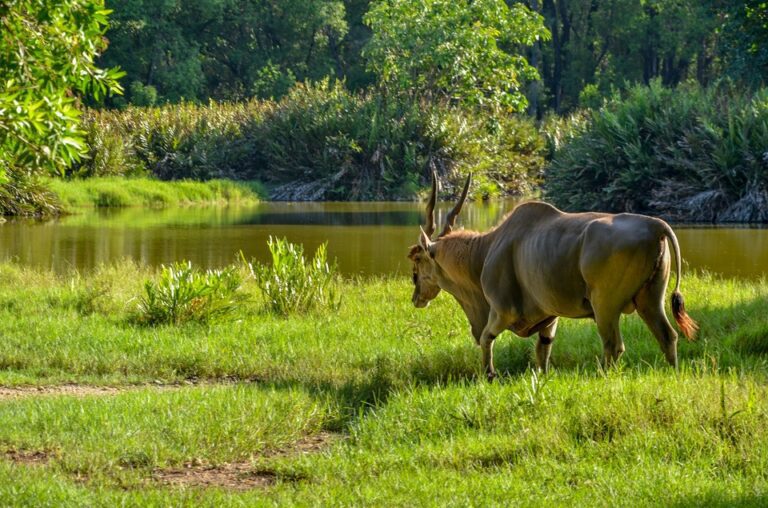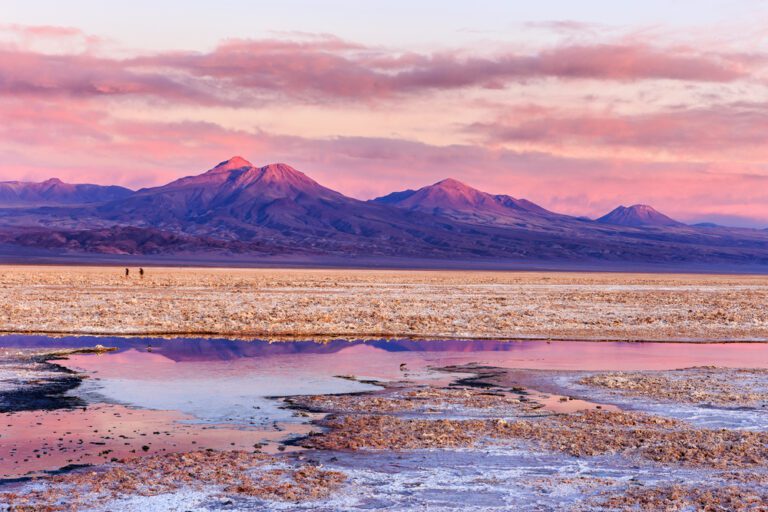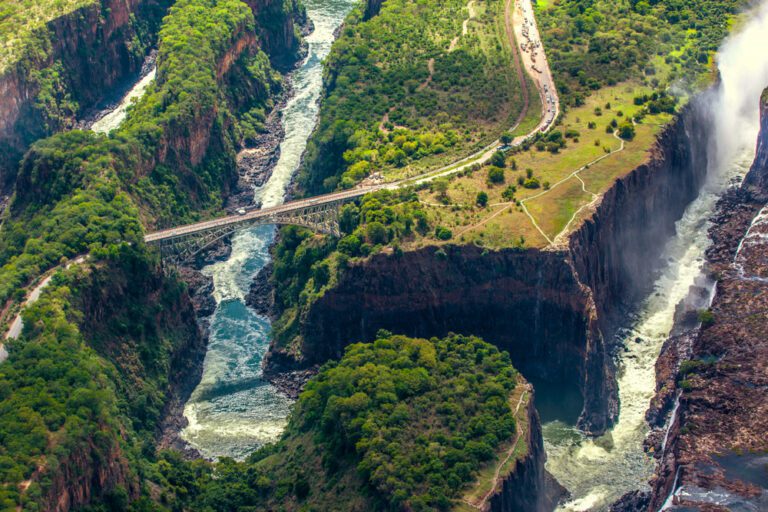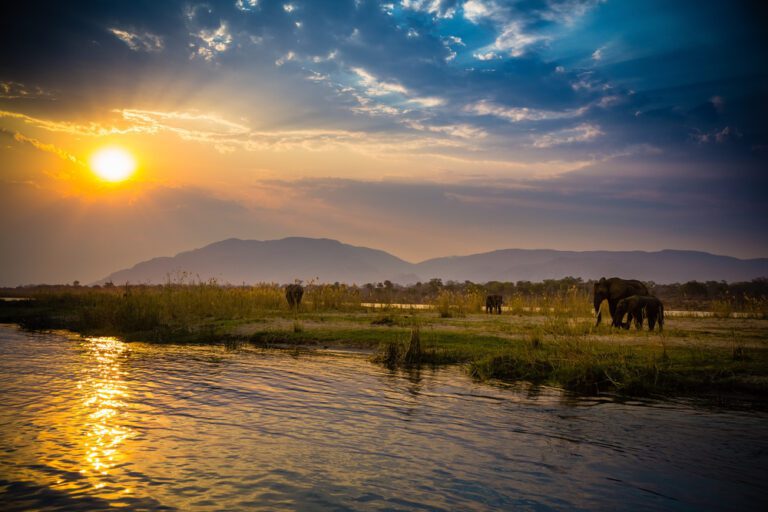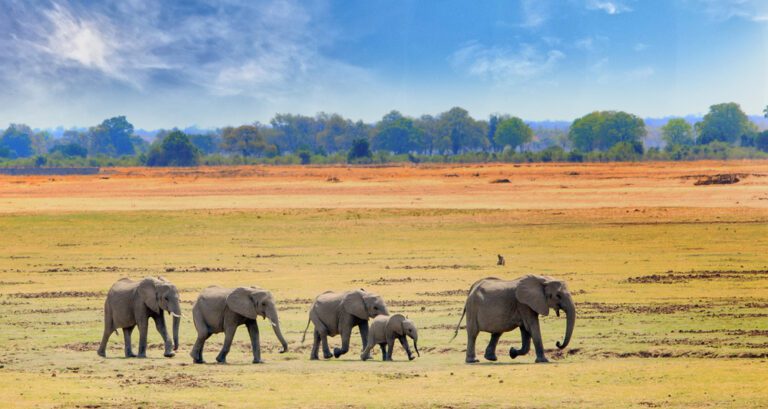We lined up in the hot Pyongyang sunshine facing 2om-high bronze statues of the ‘Great Leader’, Kim Il-sung, and the ‘Dear Leader’, Kim Jong-il. Recorded funeral music wafted across Mansudae plaza. A nearby inscription read: ‘Let us drive out American imperialism’. “We must show our respect to this sacred statue,” urged Guidel. With bouquet laid, we bowed deeply in unison. Welcome to the Democratic People’s Republic of Korea. Just curious – It seemed I’d travelled back to Stalin’s USSR or the demagoguery of Mao’s China. In Beijing, two nights before entering the DPRK, our tour leader, Julia, had briefed us about visiting the world’s most secretive state: “No leaving hotels without a guide. No photos of soldiers. No smirking at memorials.
No creasing newspapers featuring images of Kim Jong-un – you can be arrested for that.” Strictly itemised group travel is the only way to see this totalitarian autarky sandwiched between eastern China and South Korea. So I’d joined a group of eight travellers and was on my way in. As you might imagine, journalists are frowned upon, so I concealed my occupation from our two enchanting local Korean guides. Guidei and Guide2 waited for us at Pyongyang Airport – and certainly weren’t the automaton minders I’d expected. Testimonies given by defectors condemn North Korea as a serious human rights abuser: a country that indoctrinates citizens from birth into the Kim personality cult; that detains and executes dissenters in inhumane labour camps; that, spurred by its failed socialist policies, has caused its people to endure famine and starvation.
So was it ethically right to be visiting – and thus handing over hard currency to – this international pariah? However hard I moralised about this I couldn’t dress up my justification for going as anything other than selfish curiosity. I wanted to see it with my own eyes, drawn by DPRK’s unremittingly negative and often bizarre publicity. Also, is imposing isolation on a country already suspicious of foreigners a helpful way forward? Guidei laughed when I said I’d heard that North Korean men were required to get Kim Jong-un haircuts: “That’s your propaganda. Tell me if you see anybody with this haircut.” I never did.

Big Brother is watching… Showcase capital Pyongyang immediately triggered flashbacks of the Moscow I once visited pre-perestroika. It was a vertical, airy city of grandiose squares, fountains, parks and marble-clad monuments, with apartment blocks organised as urban collectives incorporating government shops that ration everything from rice to state-manufactured underwear. Broad avenues with little traffic rattled to occasional antique Czech trolleybuses. Everywhere, Big Brother watched on. Giant billboards in Socialist Realist style depicted the omnipresent Kim Il-sung alongside militaristic murals of revolutionary fervour and anti-imperialist slogans. Many comrades wore uniforms: from marching soldiers in khaki to Youth League schoolchildren in red neckerchiefs and blue – suited traffic ladies twirling their batons.
Above all, Pyongyang was spotless – and oddly empty given its reputed three million inhabitants. Those inhabitants are said to be the privileged caste of the ruling Workers’ Party possessing a positive songbun – filial loyalty towards the regime accrued over family generations. We were accommodated in the colossal 47-floor Yanggakdo Hotel, which sits on an island in the River Taedong (thus ensuring we couldn’t go walkabout). The hotel’s entertainment complex is the opium of the tourist masses: ten-pin bowling, karaoke, a casino and cheap beer to keep us amused while Pyongyang slept. My 19th-floor view over Taedong’s skyscraper-fringed riverbank was ever so slightly Manhattan. During three days in Pyongyang there was no escaping the Great Leader’s gaze. Pyongyang’s supersized Arch of Triumph glorified Kim Il-sung’s revolutionary path towards liberation from Japan.
We were pinpricks on the immense 75,000 sq m Kim ll-sung Square (site of goose-stepping military extravaganzas). We visited Kim’s idyllically propagandised birthplace, an immaculately reconstructed adobe-walled farmstead. The most propaganda-drenched experience was the bombastic Victorious Fatherland Liberation War Museum, recently opened to celebrate the 60th anniversary of the Korean War’s end in 1953. A young female army guide offered a partisan slant on the war, not least underplaying China’s intercession to ensure the stalemate between the two Koreas that remains today.
We were shown around captured American military hardware used by the “puppet South Korean regime”, including an American spy ship, USS Pueblo, genuinely caught snooping off the coast in 1968. A drawer in the map room marked ‘TOP SECRET’ possibly gave the Americans’ game away. On another day we took in citywide views from the 170m-high Juche Tower. It commemorates Kim Il-sung’s state philosophy, Juche, a nationalistic self-determination preaching that Koreans must be masters of their own destiny without foreign interference. “We must fight against domination by foreign imperialists and their flunkies,” the tower guide demanded.

Fear factor? An accusation levelled against visits to DPRK is that the Koreans you meet are actors. “People say we’re just robots and spend our whole life living in fear but it’s untrue,” insisted Guidel. Building a rapport with our guides was the highlight of my stay. They were intelligent, mischievous, funny; they liked to tease their charges. Whether they responded to more serious questions with true belief or scripted indoctrination is impossible to say, but they spoke more candidly than imagined on some issues.
For instance, when we asked about North Korea’s terrible famines of the 1990s, Guidel admitted, “Life was difficult then. We suffered shortages because of the collapse of the USSR’s international socialist market and droughts.” However, a bedrock of party loyalty lay beneath their easy charm. Both explained that they volunteered for work details in rice paddies on collective farms. “It’s our duty,” said Guidel. “If you do not work to produce food, you do not eat.” On another occasion, Guide2 casually observed: “I like Americans, they’re cool, but they’re imperialists who want to hurt our country.”
